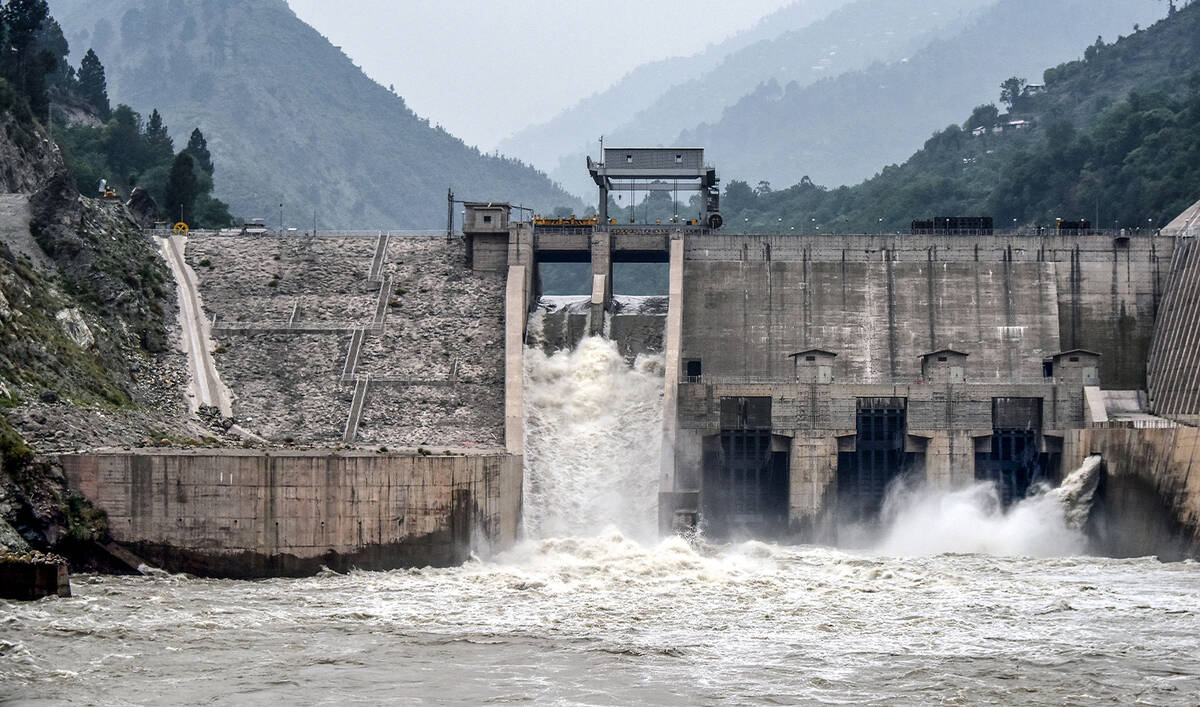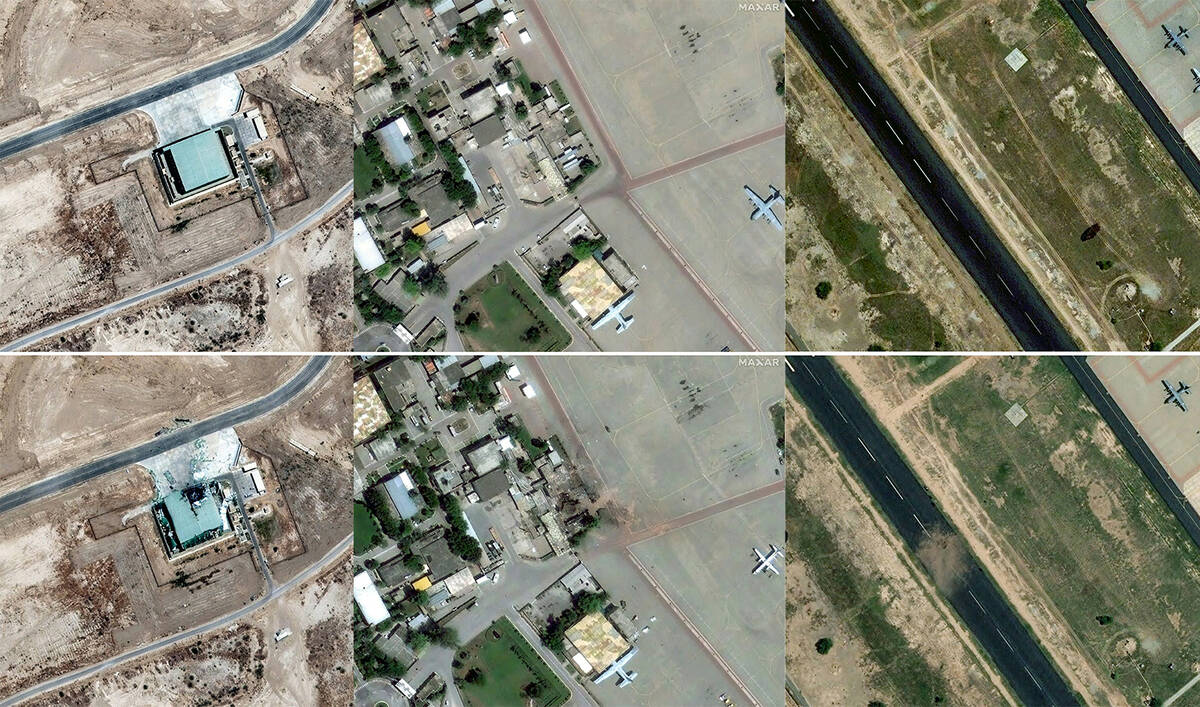ISLAMABAD: Sitting in the veranda of his house, Muhammad Shabbir picked up a lump of clay and set it on a potter’s wheel as it spun before him, producing a whirring sound. A few meters away in a large courtyard, his two sons kneaded clay and put finished pots out to dry in the sunlight before they would be taken to a furnace to bake.
The scene is from Shabbir’s home in Tehi village of district Talagang in Pakistan’s vast Punjab province, some 150 kilometres from Pakistan’s federal capital, Islamabad, where over 150 families are involved in pottery as their primary source of livelihood. They have learnt the techniques and styles from their ancestors and continue to uphold the age-old tradition of fashioning clay wares by hand.
Around the world, pottery was replaced at the beginning of the 20th century by glass, aluminum, tin and plastic, materials all cheaper and better suited to most tasks than clay.
But Shabbir and his two sons remain steadfast in keeping the craft alive even as it no longer earns them enough to live a prosperous life.
“I have been doing this for the last twenty years,” Shabbir told Arab News. “I used to see my elders, first they used to make them [pots] and now I have engaged my sons to work in the business.”
A special, fine-grained soil sourced from a nearby village is used to make the pots, Shabbir said, which was mixed with sand and shaped into dough to be turned into different designs.
“We knead the mud, make a dough and bring it to the potter’s wheel and then design it into a pot. We put them out to dry and then bake them in the furnace to get the final product,” Shabbir explained.
Across the streets of Tehi, clay pots of different shapes and sizes were displayed at wholesale shops from where they are bought by locals, traders in Punjab and also exported to retailers across the country.
“GOVERNMENT SUPPORT”
Craftsmen in the village make the clay pots five months in a year, three months in summer and two in winter, and pause work in the rainy season when the weather is humid and frequent rains drench the giant clay furnaces used to bake the utensils.
Like Shabbir’s sons, many children in the village started learning pottery-making at a very young age to lend a helping hand to their elders.
Shabbir said his two sons had ambitions to leave the business and graduated high school but could not find jobs.
“We went to school, did matriculation, applied for a job but didn’t get it, and then decided why shouldn’t we learn the craft of our forefathers and do it,” Muhammad Kabeer, a young potter and Shabbir's son, told Arab News as he prepared dough in a barrel.
Kabeer and his younger brother said they wanted to expand their business and the family’s earnings by introducing innovation in the field and making customized pots on order.
“If a customer comes with their own designs, we give them two, three days’ time to deliver the order,” Kabeer said.
The family mainly makes clay pots for wholesalers and while loyal customers do keep ordering, Shabbir said the pottery business had been impacted by inflation and high transportation rates, forcing many people to switch to other lines of work.
Pakistan has been beset by inflation above 20% since May 2022, registering a high of 38 percent in May 2023 mainly due to high food and energy costs. Inflation eased off to 17.3%, the lowest since May 2022, on a year-on-year basis in April 2024 from 20.7% recorded in March 2024 and 36.4% in April 2023, official data issued this week.
His father added: “We work for five months and have to make do with those earnings for the whole year,” Shabbir lamented.
Kabir added:
“We sell them [the pots] to wholesalers and they pay us labor cost only ... If we get the government’s support, we can really expand this business and provide jobs to our friends as well.”

















